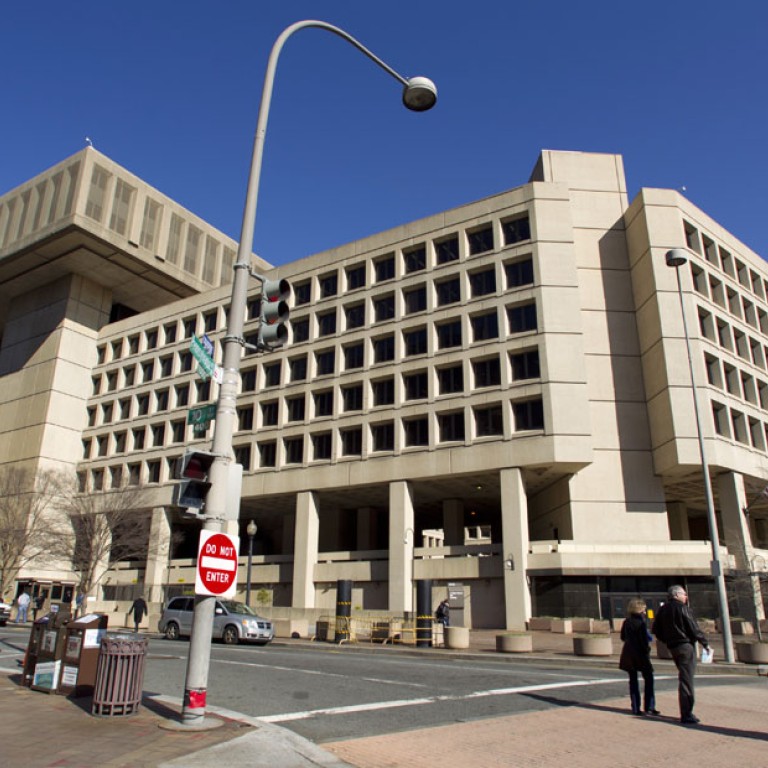
US government advice on FBI spying can stay secret, judge rules
A federal appeals court in the US has ruled that a confidential Justice Department legal opinion on the scope of the FBI's surveillance authority can stay secret.
A federal appeals court in the US has ruled that a confidential Justice Department legal opinion on the scope of the FBI's surveillance authority can stay secret.
The appeals court rejected an effort by the Electronic Frontier Foundation, a civil liberties group, to make public a January 2010 memo from the Office of Legal Counsel (OLC) that allowed the FBI to informally gather customer phone call records from telecoms companies.
In a 20-page decision, the court agreed with a lower-court judge that the government had properly withheld the memo under an exception to the Freedom of Information Act.
"The District Court correctly concluded that the unclassified portions of the OLC opinion could not be released without harming the deliberative processes of the government by chilling the candid and frank communications necessary for effective governmental decision-making," the court said in its opinion written by D.C. Circuit Judge Harry Edwards.
The case is significant because it is the first time that the D.C. Circuit had taken up the issue of whether such Justice Department legal opinions are required to be disclosed under the Freedom of Information Act.
A Justice Department spokesman said the department was "pleased with the decision".
But Mark Rumold, a lawyer at the EFF, said the group was "disappointed by today's decision, which allows the government to continue to secretly reinterpret federal surveillance laws in ways that diverge significantly from the public's understanding of these laws".
The EFF submitted a Freedom of Information Act request for the OLC memo in February 2011, which the Justice Department rejected. The EFF filed its lawsuit in the US District Court in May 2011.
Government lawyers argued that the OLC issues opinions to guide the attorney general in giving legal advice to the president and that they are not used for making policy. They said that releasing the memo would "chill" the flow of open discussion and hurt the office's ability to give confidential legal advice to federal agencies.
The decision came as a secretive US spy court ruled again that the National Security Agency can continue collecting every American's telephone records every day.
The Foreign Intelligence Surveillance Court on Friday renewed the NSA phone collection programme, said Shawn Turner, a spokesman for the Office of the Director of National Intelligence.
Such periodic requests are somewhat formulaic but required since the programme started in 2006.
The latest approval was the first since two conflicting court decisions about whether the programme is lawful. It also comes since a presidential advisory panel recommended that the NSA no longer be allowed to collect and store the phone records and search them without obtaining separate court approval for each search.
In a statement, Turner said that 15 judges on the US Foreign Intelligence Surveillance Court on 36 occasions over the past seven years have approved the NSA's collection of US phone records as lawful.
